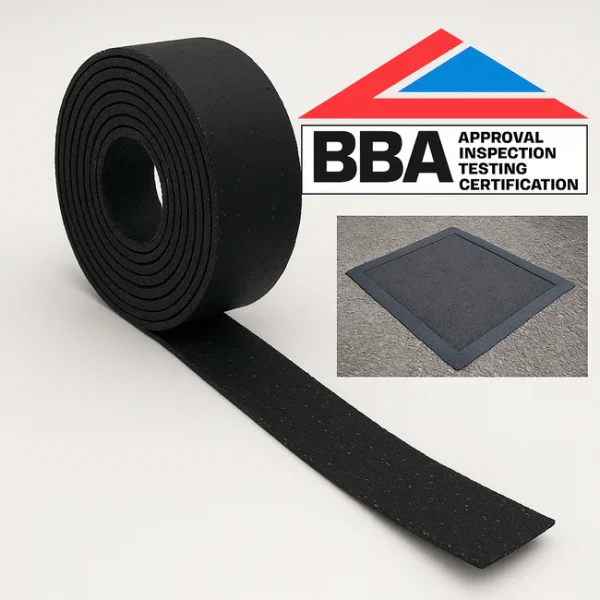
The UK’s ageing road network continues to place unprecedented pressure on local authorities, with pothole reports and surface failures increasing sharply over the last two years. The combination of severe weather fluctuations, rising traffic volumes, and limited council budgets has left many networks struggling to keep pace with essential maintenance. As a result, contractors are increasingly turning to preventative solutions particularly high-quality overbanding and joint-sealing systems to extend the lifespan of asphalt repairs.
A growing national challenge
Recent data from highways authorities indicates that resurfacing cycles are lengthening while repair backlogs are increasing. Many roads now exceed their intended design life, making them more vulnerable to cracking, fretting, and water ingress. Once moisture penetrates the surface, freeze–thaw cycles quickly accelerate deterioration, leading to potholes that can re-emerge within months of initial repairs.
Contractors and maintenance teams widely agree that the traditional “patch-and-go” approach is no longer sufficient. Without proper sealing around the edges of a repair, even high-quality reinstatement work can fail prematurely.
The critical role of overbanding
Overbanding—especially bitumen-based overbanding tape has become a central component of long-lasting road repair strategies. Applied over the joints of freshly laid asphalt, it creates a waterproof seal that prevents water ingress and reduces the risk of cracking around the patch.
Highways teams favour overbanding because it provides:
- A quick, cost-effective seal around joints and reinstatements;
- Improved resistance to deterioration and early joint failure;
- Enhanced safety by reducing surface fretting;
- Extended repair lifespan, lowering long-term maintenance costs.
For councils facing budget constraints, these benefits are significant. A modest upfront investment in proper joint sealing can prevent repeat call-outs, reduce labour costs, and improve network reliability.
Cold-Lay tarmac remains key for rapid repairs
Cold-lay tarmac continues to play an important role, particularly during winter or emergency repair situations when hot asphalt is not feasible. Its versatility makes it a popular choice for minor defects, small potholes, and utility reinstatement work.
However, cold-lay materials alone do not ensure longevity. When combined with appropriate overbanding tape or bitumen sealing systems, contractors report substantially improved outcomes, even on highly trafficked minor roads. This combined method is increasingly seen as essential best practice rather than an optional step.
Industry focus shifting toward prevention rather than reaction
Across the sector, there is a clear shift toward solutions that offer durability rather than short-term fixes. With public scrutiny mounting, especially during winter months, councils and contractors are emphasising quality and resilience in their specifications.
As demand grows, suppliers with reliable stock availability, fast delivery, and highway-approved materials are becoming increasingly important to daily operations. This is particularly true for smaller contractors who must react quickly to defects while maintaining professional standards.
One UK supplier supporting this transition is Ready Set Supplied which provides BBA/HAPAS-approved overbanding tape, thermoplastic materials, and cold-lay tarmac suited for both reactive and planned maintenance works. Their focus on consistent quality and rapid dispatch has made them a practical choice for contractors seeking dependable materials for long-lasting results.
Looking ahead
With the UK’s pothole backlog projected to rise further, preventative maintenance methods including proper sealing, overbanding, and improved reinstatement standards will play a vital role in long-term network resilience. As budgets remain stretched, the industry will continue to lean on proven, cost-effective techniques to protect road surfaces and reduce future repair cycles.

